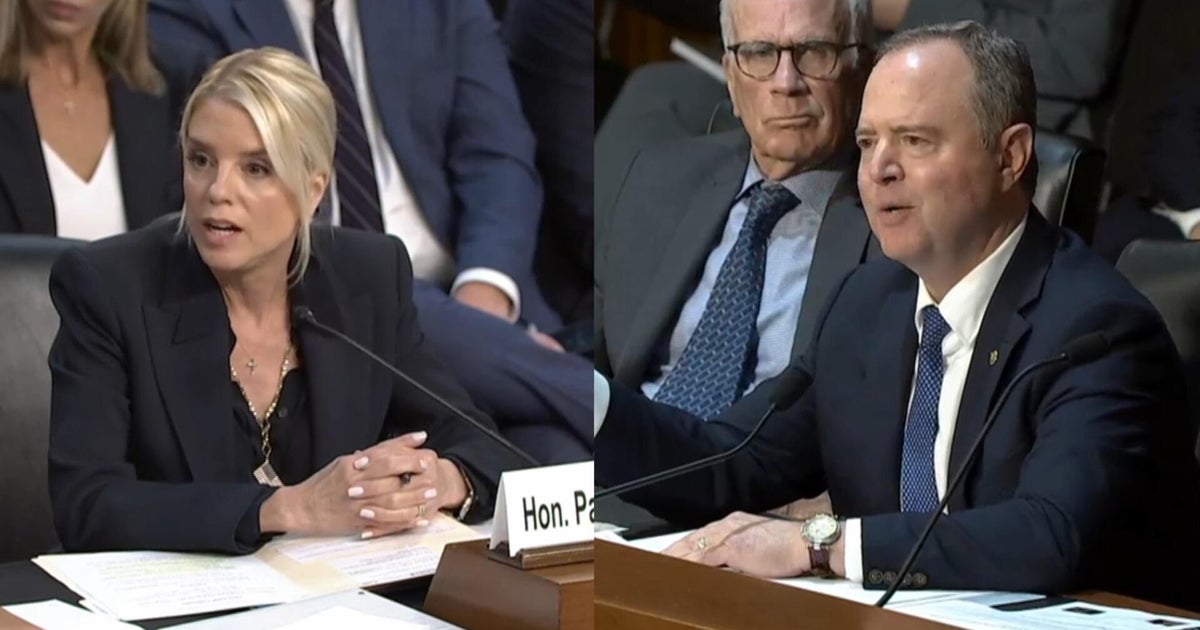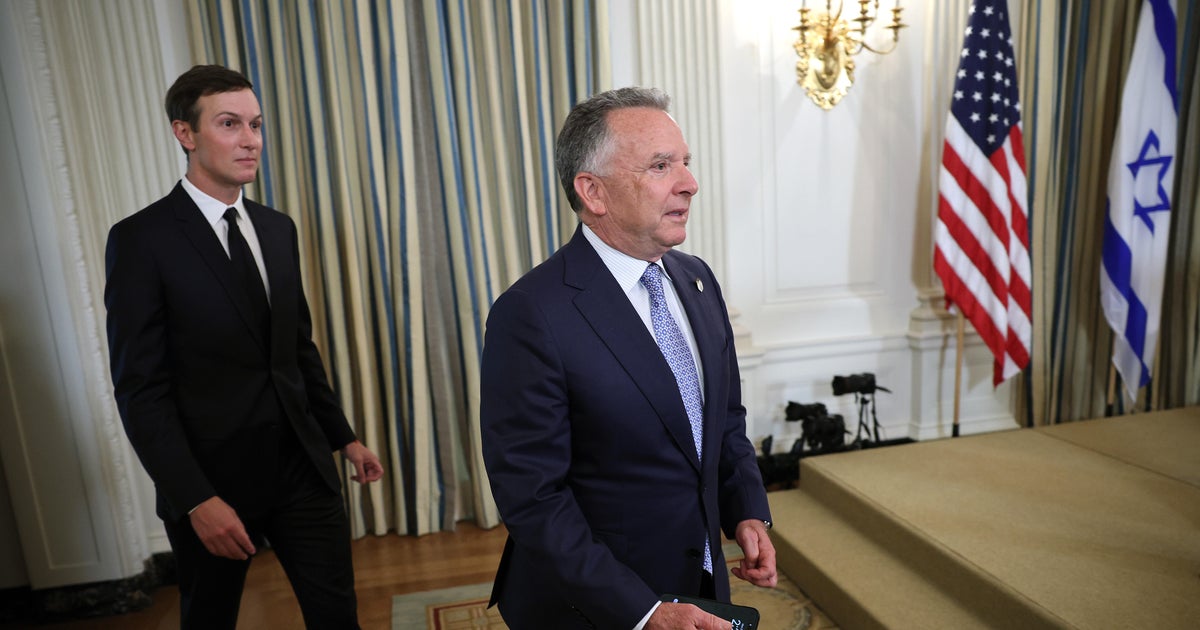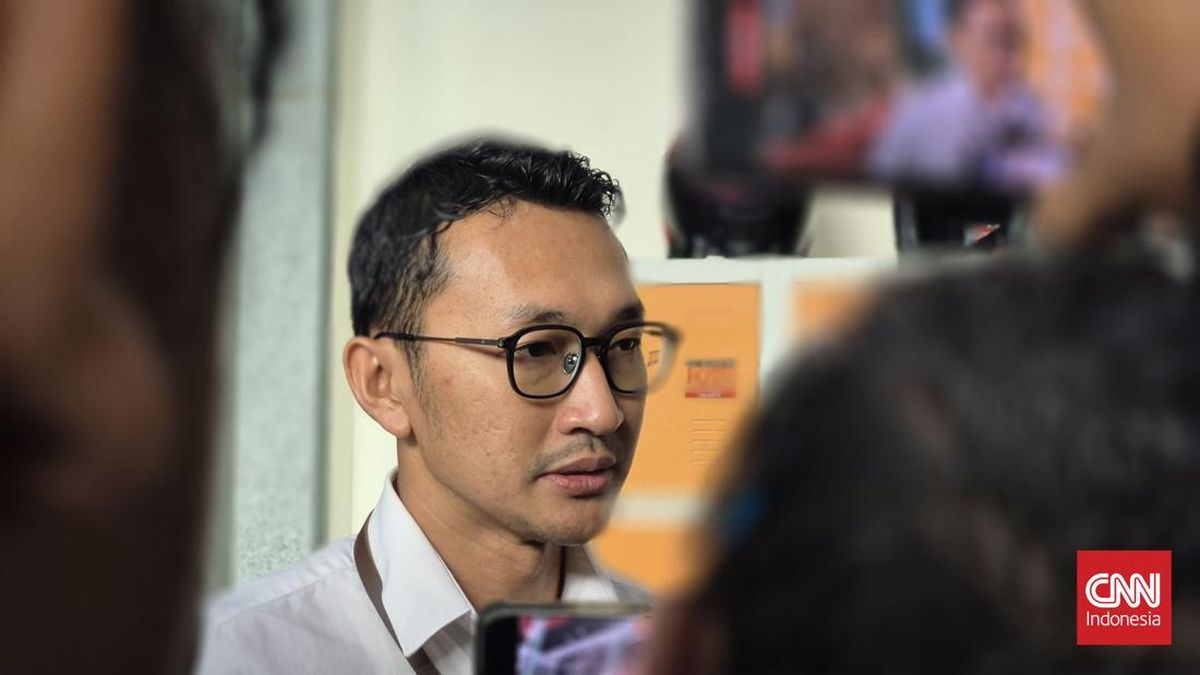Farmers hosting wind and solar farms are copping bullying and violent threats from locals opposed to the new developments, as a political brawl over renewables drives a wedge through communities around the country.
Many local campaigns have sprung up in regional Australia to oppose renewable energy projects as well as transmission lines that are needed to link the far-flung renewables to cities.

The Albanese government has set a target for the grid to reach 82 per cent renewables by 2030.Credit: James Brickwood
At the first hearing of a federal parliamentary inquiry into climate change information on Monday, Australian Energy Infrastructure Commissioner Tony Mahar said the families of landholders who welcomed renewables on their land were being threatened.
“One of the most troubling areas that I have come across visiting communities is the division … and the bullying, harassment, intimidation that I’ve seen. It saddens me and it troubles me,” said Mahar, whose job is to help resolve community disagreements.
Loading
“I’ve heard face-to-face stories of children being intimidated at school and families being ostracised and things because of the views that they might or might not hold.”
A submission from the Smart Energy Council, representing renewable companies, said disinformation in claims from opponents could escalate into violence against workers building projects. Multiple renewable companies report a need to hire security guards at community meetings.
However, some Nationals MPs are supporting local campaigns in their regional electorates against wind and solar farms, claiming they destroy farmland, disrupt communities and reduce property prices.
Riverina MP Michael McCormack, who opposes wide-scale renewables in his regional electorate in southern NSW, said he had never seen such deep division in the community.
“I don’t think anybody who lives in capital cities quite understands the depth and gravity of just how bad the divisions are,” he said.
McCormack said the fervent opposition among some in his electorate to “wind and solar factories” made a backlash against farmers who accepted payments to host development inevitable.

Riverina MP Michael McCormack.Credit: Alex Ellinghausen
“Of course they’re going to cop some backlash; that’s just human nature,” he said. “It’s like that old biblical saying ... what does a person gain when they ... gain the whole world but sell their soul?”
McCormack said there was no place for violence or threats, but blamed federal and state governments for setting renewable energy targets that drove development of an industry he said was destroying farmland.
“Is it going to reduce the temperature of the globe by half a degree? No, of course it’s not.”
The Albanese government has set a target for the grid to reach 82 per cent renewables by 2030, and is underwriting some renewables projects to speed up delivery. NSW and Victoria are providing funding for renewable energy zones, where development will be targeted, as well as transmission lines.
Renewables companies argue wind and solar farms are compatible with agricultural businesses and provide valuable income during drought, and that the scale of opposition is exaggerated due to the lack of people willing to speak in favour of renewables.
One who is willing to speak, grain grower Craig Henderson, said he had experienced a backlash since he agreed to host the turbines of WestWind Energy on his property in the Wimmera in western Victoria.
He said dozens of people had turned up at his property holding anti-wind farm signs, and that he had since avoided some social functions to avert conflict.
Loading
“I’ve had a person say to one of my family members, you’d be lucky if I don’t get shot,” said Henderson. “I’ve had another person ring me and said, for god’s sake Craig, keep your head down.
“I support the wind farm to help mitigate risk and diversify the income into our farm and the community.”
However, Nationals Victorian senator Bridget McKenzie said some community members who did not want to see renewables infrastructure built in their community were prepared to be jailed for opposing development.
“People are feeling incredibly desperate as they’re seeing their private property rights eroded –
what you’ve got is a tiny minority getting a large economic benefit,” she said. “As I understand it, the vast majority of landholders and community members are saying we do not want these projects in our communities.
“At some point, the federal government is ultimately responsible for this because they set the target for us as a nation.”
Farmers for Climate Action, which backs renewable development, said farmers had a right to decide if they hosted development on their land and that disinformation was a major factor in dividing communities.
Loading
“We back farmers who choose to host clean energy, and we back those who choose not to,” said chief executive Natalie Collard. “Farm groups have pushed for farmers’ choices to be respected for decades. Opposing the farmers’ right to choose how they farm on their own land undermines farmers’ rights.
“We ask all involved to stick to the facts. Community is more important than political points.”
Loomberah Family and Farmland Incorporated, a group campaigning against the Lambruk Solar Project near Tamworth, told the parliamentary inquiry it did not view its campaign as disinformation.
“The negative ramifications of this project are the current, and will be the future, experience for hundreds of locals if this proposal goes ahead,” including community division and loss of agricultural land,” it said.
Start the day with a summary of the day’s most important and interesting stories, analysis and insights. Sign up for our Morning Edition newsletter.
Most Viewed in Politics
Loading


















































